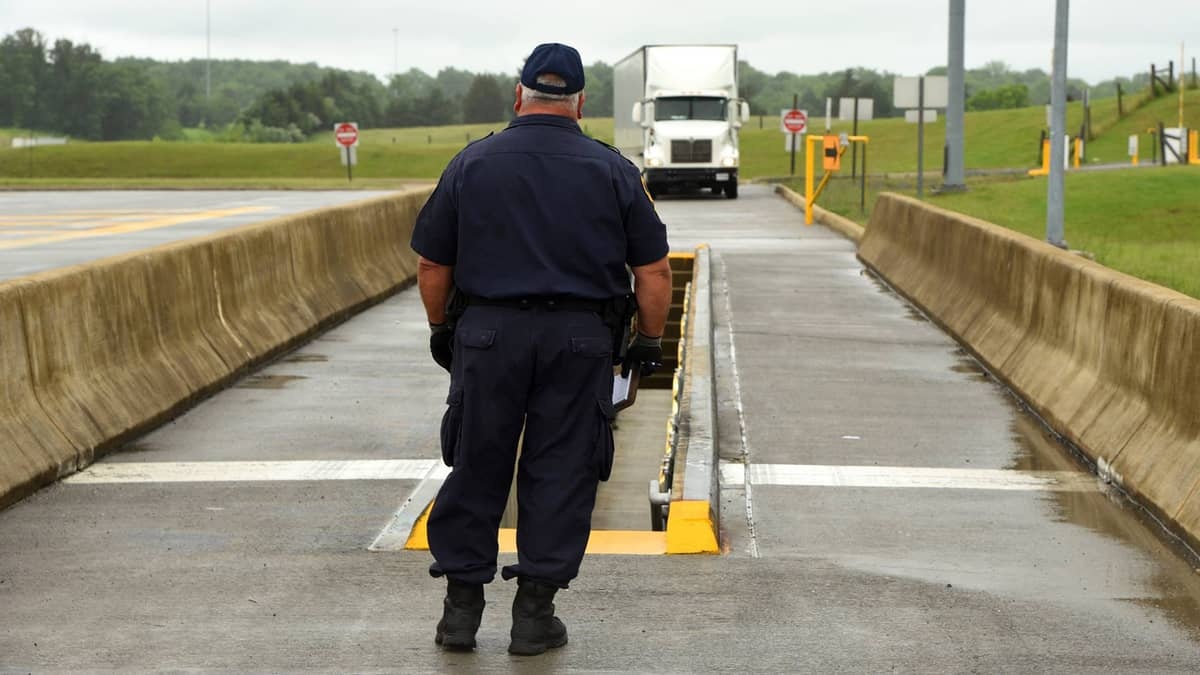Need help? We're here!
(888) 312-8812 Login SignupGas Shortage: Its Causes and Impact on Truckers' Lives
July 21, 2021

Image Source: Pixabay
What do you think will happen when you combine a cyberattack on the biggest fuel supplier for the East Coast, a shortage of truckers, lingering supply issues, and an increase in the number of vehicles heading out for summer vacation? In many parts of the United States, these factors make up a recipe for disaster—specifically, a gas shortage.
Colonial Pipeline ransomware attack
Not long ago, the Colonial Pipeline experienced a major cyberattack, forcing this fuel distribution giant to shut down the operation of the entire 5,500 miles of pipeline that stretches from Texas to New Jersey. This pipeline distributes 100 million gallons of fuel every day across 14 states and directly services seven airports. The temporary halt in its operation threatened gasoline and jet fuel distribution across the country's Eastern Seaboard, prompting consumers to panic-buy.
Shortly after the incident, Colonial Pipeline announced that it had resumed “normal operations” and continued delivering millions of gallons per hour to Texas, Louisiana, Mississippi, Alabama, Tennessee, Georgia, South and North Carolina, Virginia, Maryland, DC, Delaware, Pennsylvania, and New Jersey.
Truck driver shortage
The gasoline supply strain caused by the Colonial Pipeline issue has been compounded by another persistent challenge in the trucking industry—the lack of tanker truck drivers.
According to GasBuddy analyst Patrick De Haan, the shortage of truck drivers continues to cause fuel delivery disruptions across many regions. He stressed that what is happening is a "labor challenge" and that the real problem is transporting the gasoline to the last leg of the journey, from a local terminal to the gas stations, which has led to ongoing delays.
The truck driver shortage also stems from reduced training opportunities and shifting career preferences, which have affected the already unstable pipeline of new drivers entering the industry.
Increased demands for fuel
With the steady growth of travel and commerce in recent years, demand for fuel remains consistently high. Summer months, in particular, see millions of Americans eager to hit the road for vacations and long-haul trips—making them find ways to keep trucking during difficult times and adapt to ongoing logistical challenges in the transport industry.
A few days before the July 4 holiday, GasBuddy data revealed that U.S. gasoline demand was up by 6.7% compared to Memorial Day.
What are the impacts of gas shortage on truckers?
While the immediate effects of the gasoline crunch have eased, the situation continues to expose vulnerabilities in the supply chain. Fleet utilization has fluctuated in certain areas, and many former tanker truck drivers have shifted to other industries, leaving gaps that still affect local fuel transport and distribution.
For the truckers still on the road, the impacts include:
- Long lines at the pumps
Truckers have reported that some gas stations run dry when demand peaks. GasBuddy data showed that 28% of South Carolina gas stations and 27% of Georgia stations ran out of fuel during major supply disruptions. Drivers often find themselves surrounded by motorists waiting to refuel, with some stations limiting purchases to manage supply.
These long queues and delivery delays are what truckers dread happening behind the wheel—moments of stress and uncertainty that make an already demanding job even tougher.
- Lengthened workday
Fuel delivery delays and stricter logistics requirements can make each workday longer. Some states temporarily eased regulations, allowing drivers to haul heavier loads or extend hours of service to meet demand. This flexibility, as stated in a WashingtonPost write-up, helps but also increases fatigue for truckers trying to keep up with tight schedules.
- Delivery delays
Refueling and delivery slowdowns create ripple effects that delay the transportation of goods and essential supplies. Truckers understand how critical their role is in keeping the economy moving and often push through challenges to ensure freight arrives on time.
- Increase in fuel and consumer pricing
When fuel transport slows down, the effects spread across multiple industries. Fewer deliveries mean higher fuel prices, and those costs often extend to consumer goods. The result is a broader economic impact on logistics, retail, and everyday spending. To manage expenses, many fleets are turning to alternative parts sourcing and maintenance strategies that help control costs without compromising performance or reliability.
Several fuel-saving practices for truck drivers—such as maintaining proper tire pressure, reducing idle time, and optimizing speed—can also improve efficiency and stretch every gallon further.
What can truckers do?
If you’re among the truckers still navigating today’s challenges, you should pay extra attention to your truck’s fuel economy while you’re on the road. Try these tips and save yourself some stressful trips to gas stations:
- Start using a gas app.
- Take note of the price changes at state lines.
- Make sure your tires are properly inflated.
- Drive at low speeds.



